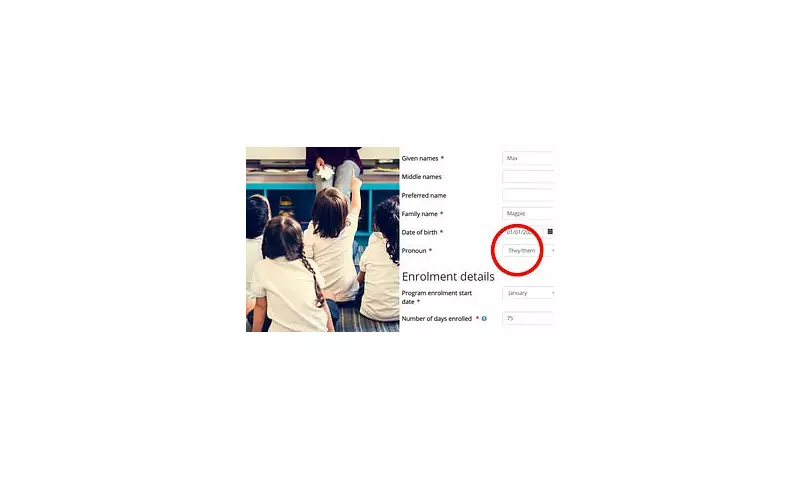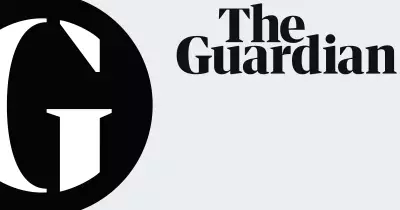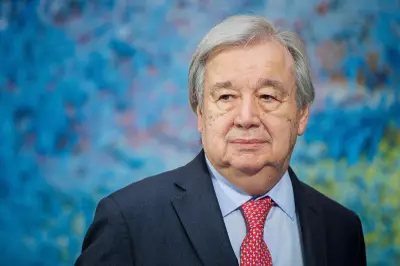
In a groundbreaking move that's dividing opinion across Australia, education authorities have introduced new guidelines encouraging kindergarten teachers to offer non-binary gender pronouns to children as young as four.
Early Childhood Gender Revolution
The controversial initiative, developed by state education departments, represents one of the most progressive approaches to gender identity in early childhood education worldwide. Under the new framework, educators are being trained to introduce pronouns beyond 'he' and 'she' to preschool-aged children.
Education officials argue that introducing gender diversity concepts at a young age helps create more inclusive environments and allows children to explore their identity freely. "When we open up conversations about gender with young children, we're giving them permission to be themselves," explained one department spokesperson.
Parental Reactions Mixed
The policy has sparked intense debate among Australian families, with reactions ranging from enthusiastic support to deep concern.
- Supportive parents celebrate the move as progressive and inclusive
- Concerned families question whether preschool is too early for such discussions
- Educational experts remain divided on developmental appropriateness
One Melbourne mother told reporters: "My five-year-old came home asking about 'they/them' pronouns. While I support inclusivity, I'm not sure kindergarten is the right place for this conversation."
Teacher Training and Resources
Education departments have developed comprehensive resources to support early childhood educators in implementing the new guidelines. These include:
- Specialised training workshops on gender diversity
- Age-appropriate books featuring non-binary characters
- Classroom activities exploring identity and expression
- Guidance for discussing pronoun preferences with families
"We're not forcing labels on children," insisted an education department representative. "We're simply creating space for those who might not identify with traditional gender binaries to feel seen and respected."
International Context
Australia's approach places it at the forefront of gender-inclusive education policies, joining countries like Canada and parts of the United States in addressing gender identity in early childhood settings. However, the scale and systematic implementation through state education departments marks a significant advancement in formal education policy.
The debate continues to rage across social media and community forums, highlighting the ongoing cultural conversation about childhood, education, and identity in modern Australia.






